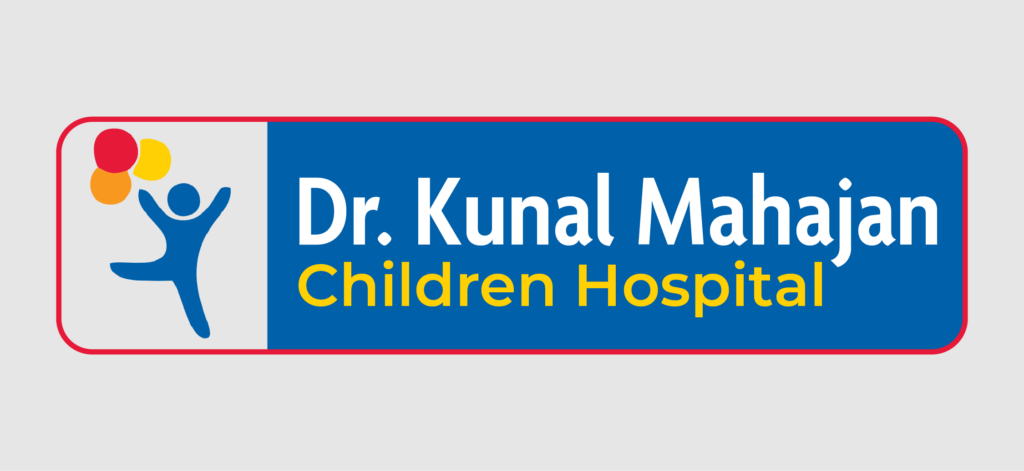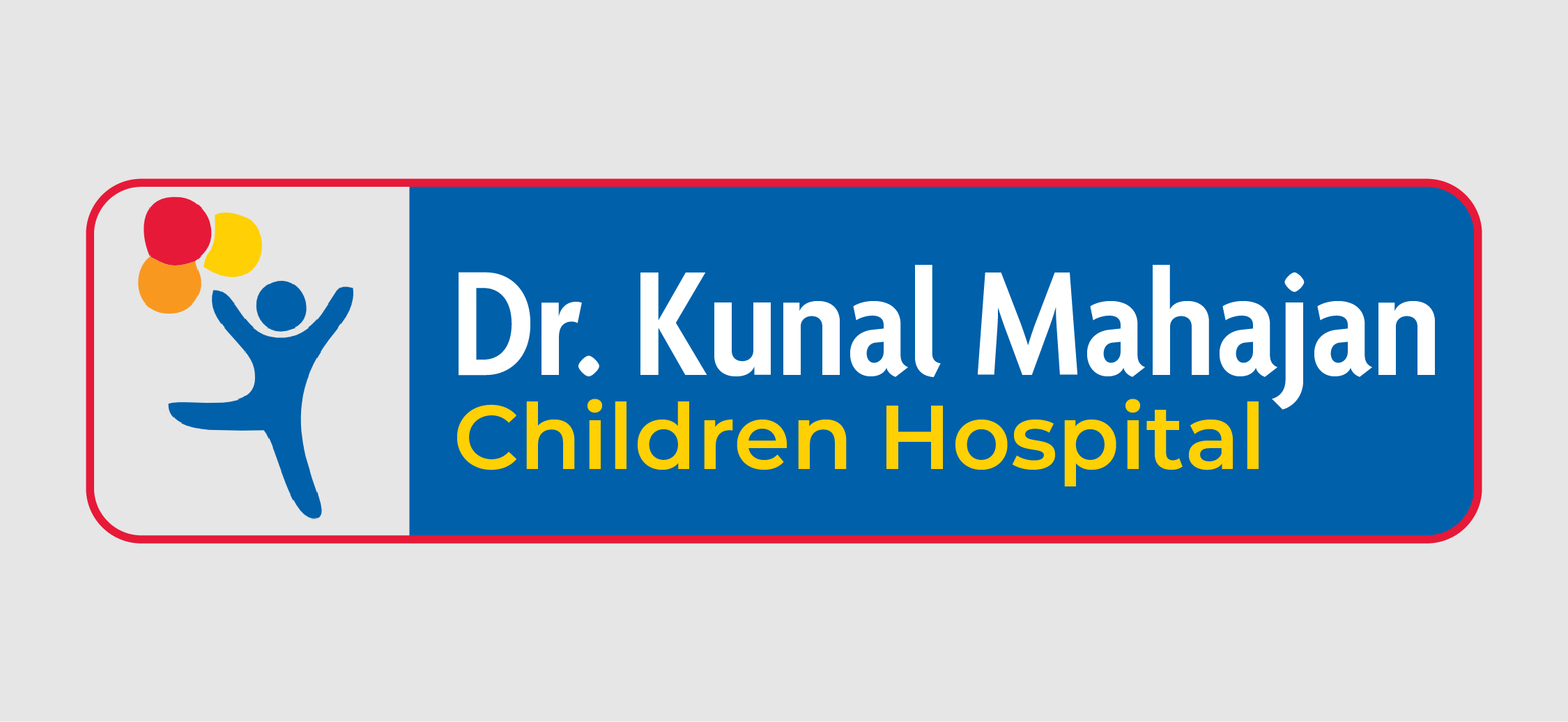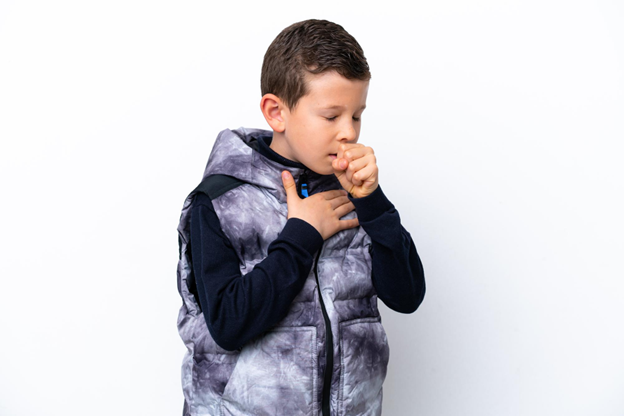Pneumonia is a serious lung infection that can affect children of all ages. As a parent, it can be worrying to see your child coughing or having trouble breathing, but with the right care, most children recover fully. We are here to help you understand what pneumonia is, how it affects children, and how to manage it effectively.
What Is Pediatric Pneumonia?
Pneumonia is an infection in the lungs that causes inflammation and makes it difficult for your child to breathe. It can be caused by viruses, bacteria, or, in rare cases, fungi. The symptoms can range from mild to severe, and it’s important to get medical attention early for the best treatment.
What Causes Pneumonia in Children?
There are several common causes of pneumonia in children:
- Viral Infections: Viruses like the flu virus, RSV (respiratory syncytial virus), and adenovirus are often the culprits. These can lead to viral pneumonia, which tends to be less severe but still requires treatment.
- Bacterial Infections: Bacteria such as Streptococcus pneumoniae or Haemophilus influenzae can cause bacterial pneumonia. This type is often more severe and may require antibiotics for treatment.
- Mycoplasma Pneumonia: Often called "walking pneumonia," this mild form of pneumonia is caused by Mycoplasma pneumoniae bacteria and usually affects older children and teens.
- Fungal Infections: Rarely, pneumonia can be caused by fungi, especially in children with weak immune systems.
Symptoms of Pneumonia in Children
The signs of pneumonia can vary depending on your child's age and the cause of the infection, but some common symptoms include:
- Cough: A persistent cough, which may produce mucus.
- Fever: A high fever often accompanies pneumonia.
- Difficulty Breathing: Your child may breathe faster or seem to be struggling to breathe.
- Chest Pain: Complaints of pain, especially when coughing or breathing deeply.
- Fatigue: Your child may feel very tired or weak.
- Loss of Appetite: Your child may not feel like eating or drinking.
If you notice any of these signs, it’s important to see a doctor for proper evaluation and treatment.
When to Seek Medical Help
You should seek medical attention if your child:
- Has difficulty breathing or is breathing very fast.
- Has a high fever that doesn’t improve after a few days.
- Complains of chest pain or feels unusually tired.
- Shows signs of low oxygen (such as lips or face turning blue).
- Has worsening symptoms or if your child is very young (under 6 months) or has an existing health condition.
How Is Pneumonia Treated?
Treatment for pneumonia depends on the cause:
- Antibiotics: For bacterial pneumonia, your child will need antibiotics to clear the infection.
- Antiviral Medications: If it’s viral pneumonia, antiviral medications may be prescribed, but mostly, the body will fight off the infection on its own.
- Oxygen Therapy: If your child has trouble breathing, they may need extra oxygen.
- Rest and Fluids: Make sure your child gets plenty of rest and stays hydrated.
Preventing Pneumonia
While you can’t always prevent pneumonia, there are ways to reduce the risk:
- Vaccination: Keep your child up-to-date on vaccinations, such as the pneumococcal vaccine and flu shots.
- Good Hygiene: Encourage regular handwashing, especially before eating and after coughing or sneezing.
- Avoid Smoke: Keep your child away from tobacco smoke, which can harm their lungs.
- Healthy Lifestyle: A balanced diet, regular exercise, and good sleep help strengthen your child’s immune system.
Pneumonia in children is serious, but with prompt treatment, most children recover completely. Early detection and medical care are important, so if your child shows symptoms, don’t hesitate to seek help. At Kunal Mahajan Children Hospital, we are committed to providing the best care for your child.
Contact us today for expert care and support for your child's health!



